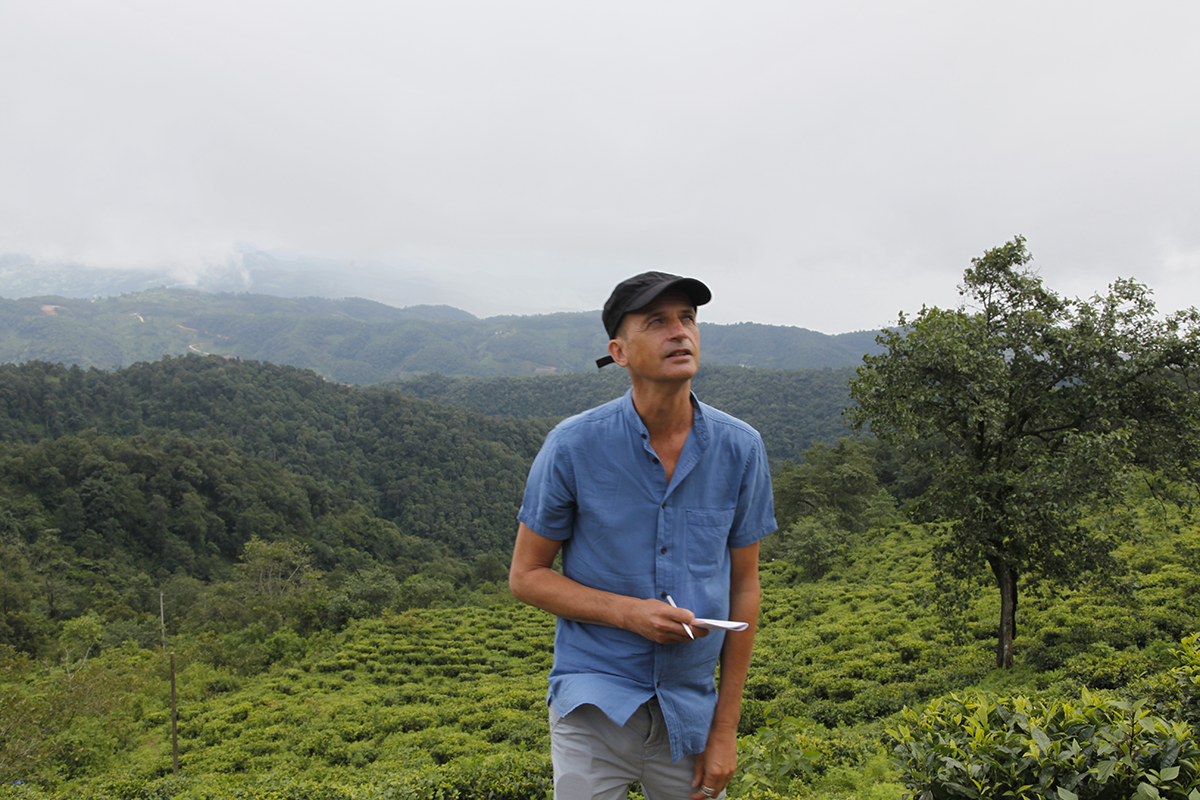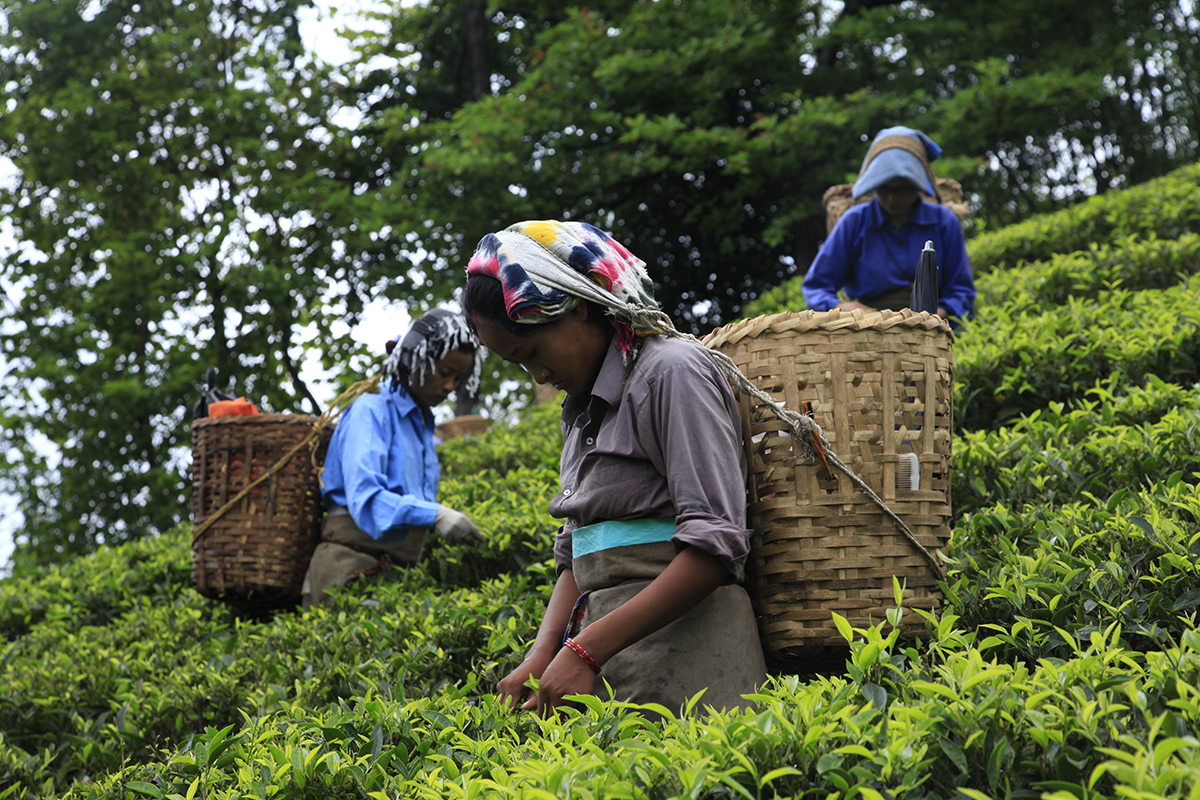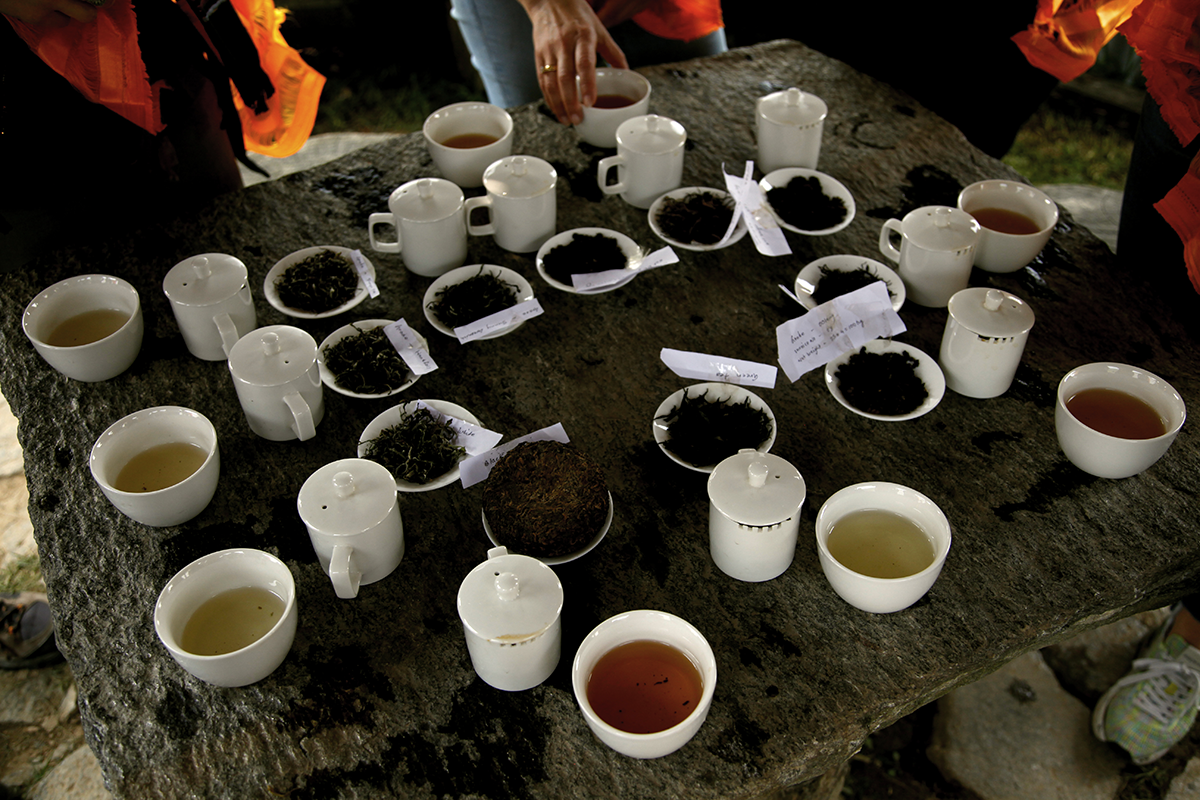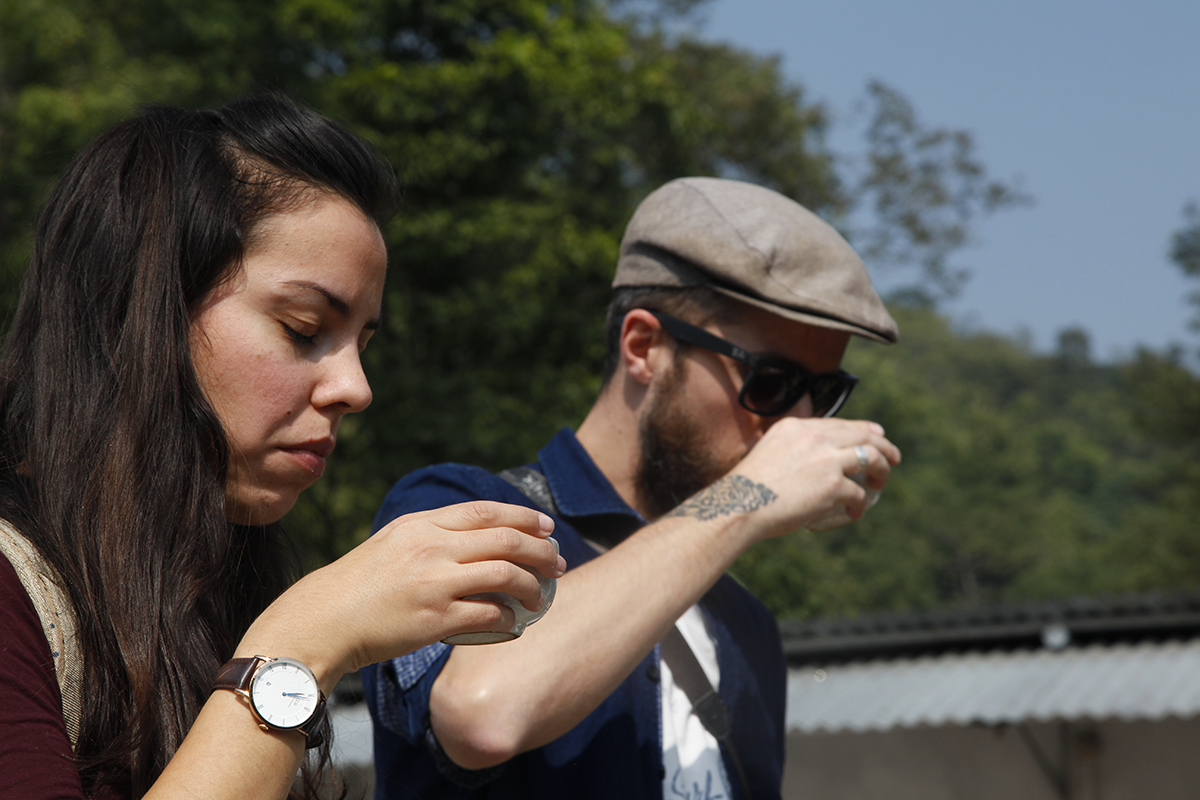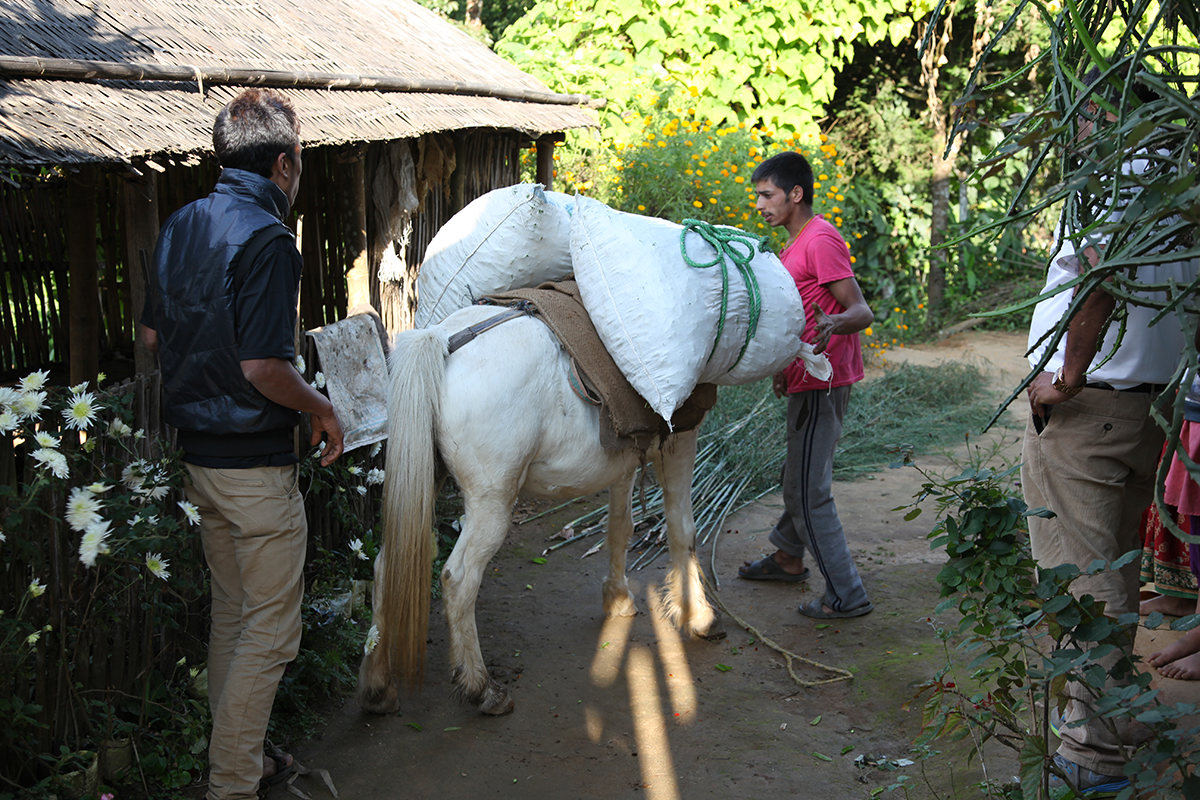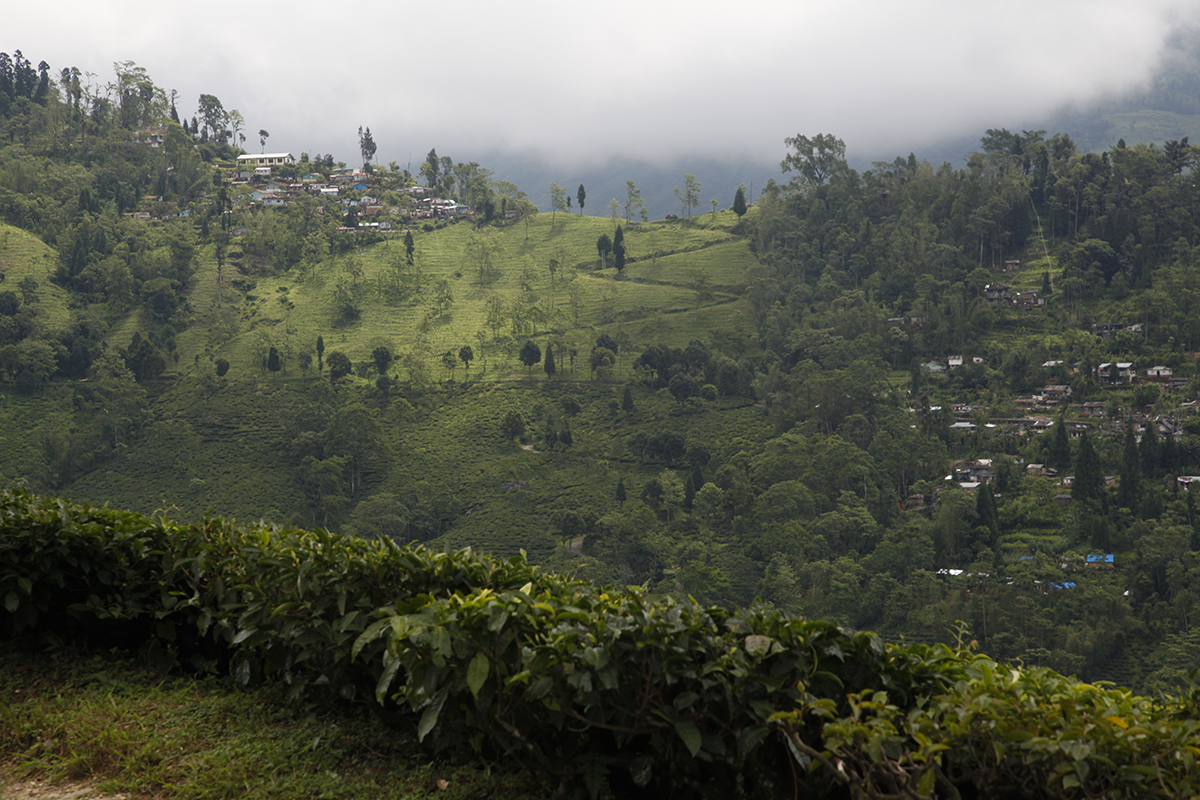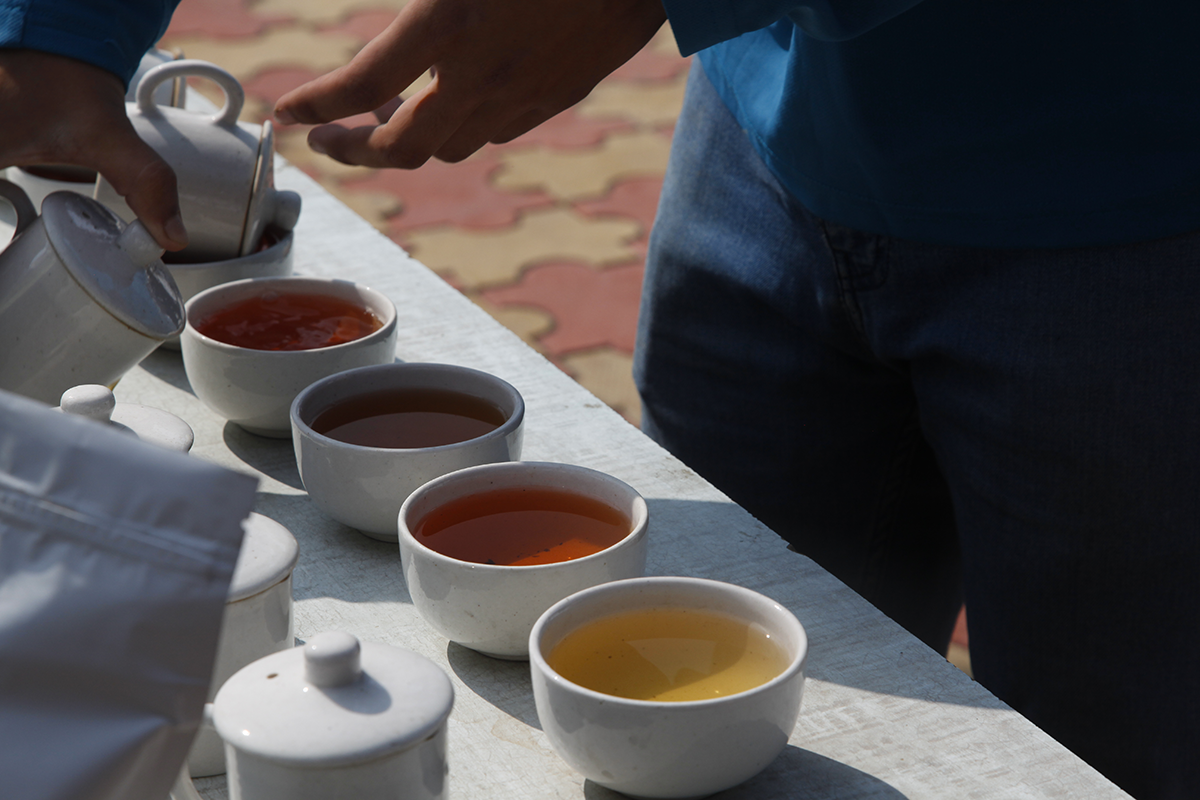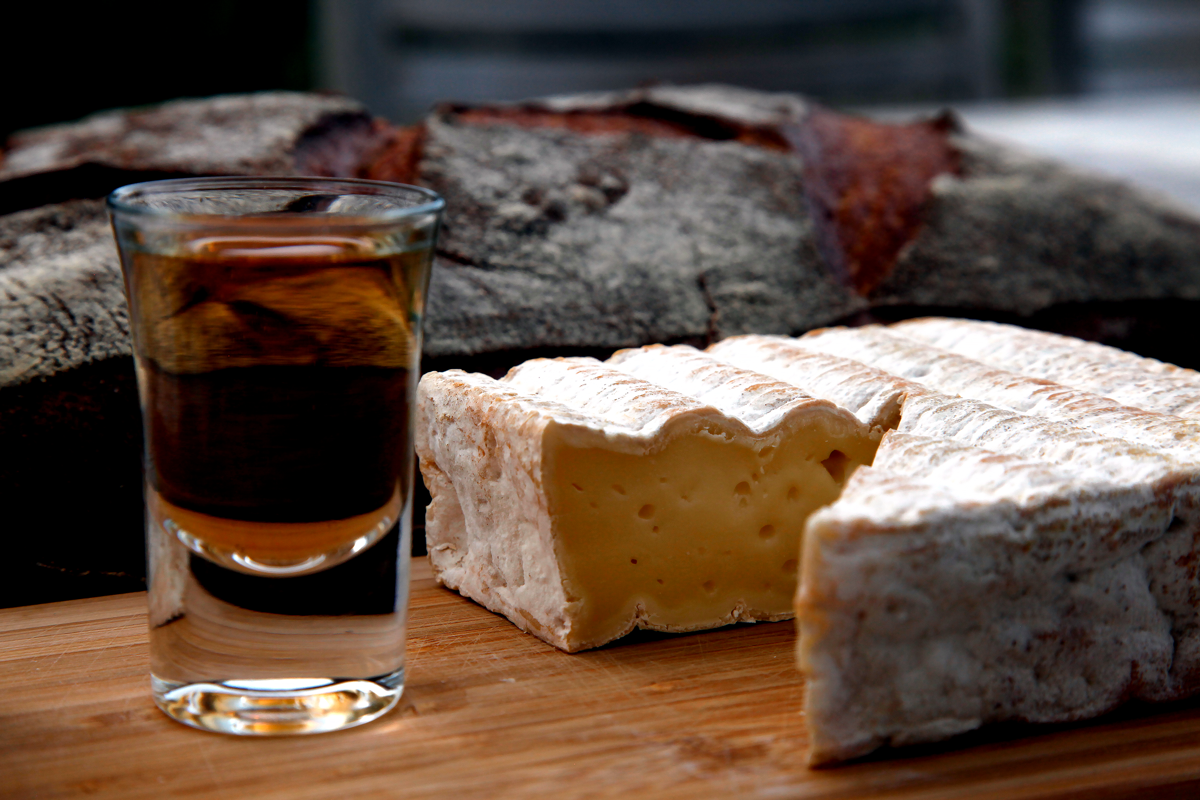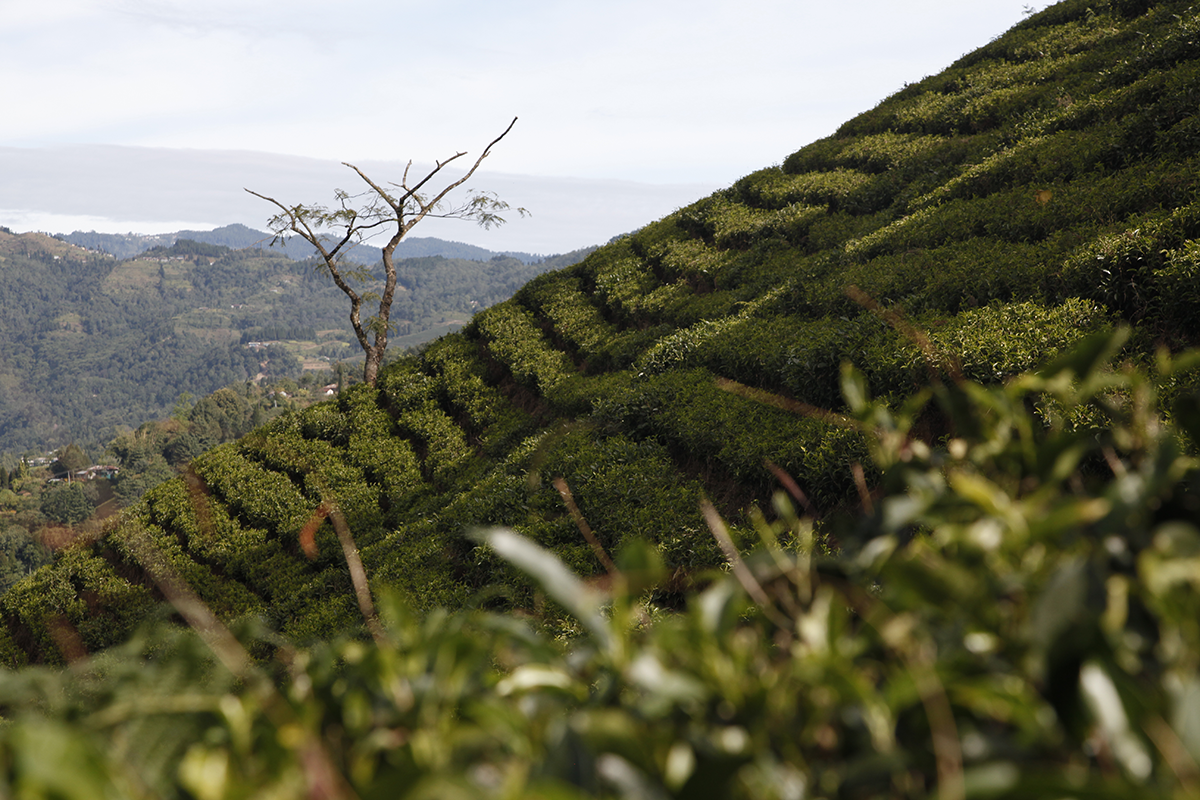Tea can be complicated in that you cannot rely on a name as a gauge of quality, for the simple reason that tea grows in regions which often experience significant variations in weather. This results in variations in quality. One example is that during the monsoon, it rains non-stop for weeks on end, and the tea is obviously not good. A prestigious plantation that sometimes produces remarkable teas in the best seasons is not capable of doing the same during the rainy months. So a prestigious garden can also produce bad teas. This means it’s important for a tea researcher like myself to taste every tea before buying, and never rely on a name. And it’s also important for the customer to be well informed and guided by skilled sales advisers.
ARCHIVE FOR 2019
An inaccurate French name
The first Darjeelings of the year are generally described as the “first flush” in English, but in French, they’re known as the “spring harvest”. The latter is misleading as the harvest doesn’t fully coincide with the season. There are two reasons for this. Firstly, the low-altitude plantations that use irrigation techniques benefit from more clement weather and sometimes start producing small batches from the end of February. Secondly, the leaves on the same shoots are harvested every eight to ten days, and after three successive growths, the shoot’s thwarted growth leads it to send out a side shoot (this is known as the banjhi), which is of a lower quality and marks the end of the first harvests. This means that the so-called “spring harvests” actually come to an end around mid-April.
Tasting tea outdoors
A visit to a tea plantation always includes a tasting. This one took place in the dedicated tasting room, with light coming in from outside. Sometimes though, tastings can take place outdoors if the factory is too small, or doesn’t have the right equipment. With a bit of luck you can enjoy magnificent scenery while swirling the liquor around in your mouth. Here, in Pathivara (Nepal), a lovely stone table is used for tastings.
Admiration
Who do you admire the most, Sylvie Lavabre, a French journalist, asked me. I admire people who don’t give up, I admire adventurers and artists. I also admire tolerance and non-violence. I admire people who don’t compromise their values, who pursue a goal other than earning more money, or of gaining more power. I admire altruists, people who are happy when others are happy. I admire the highest achievers, the champions, the finest artisans, everyone who tries their hardest. I admire those who fail and pick themselves up and find the strength to try again. I admire people who devote a part or all of their life to bringing up others, raising children, educating them, teaching them. And I admire people who find happiness in what they have.
Safe passage
I’ve finished selecting my first-flush Darjeelings – 12 premium teas in total. From Puttabong to Thurbo, Namring Upper and Highlands, they represent the best of what these mountains have produced during the season. Now I want to tell you about the steps that follow the purchase of a tea of exceptional quality. First, the tea is packaged up on the plantation itself, then transported by truck to the nearest airport. From there, it travels to Paris, and on to the Palais des Thés warehouses. A sample of the batch is then sent to the lab for analysis. Once we’ve received confirmation of its compliance with the Safetea standards that are the pride of Palais des Thés, it is distributed to our various stores. The journey from plantation to cup takes several weeks and cannot be rushed. It’s a mark of quality and safety.
Hedgerows and field margins
When I travel across some regions of France, I’m alarmed. Where are the hedges? Where are the field margins? When I travel around the world, if I come across a tea plantation that extends as far as the eye can see without so much as a tree, a hedgerow or a field margin left to nature, I run a mile. I can be sure that I won’t find clean teas there, grown in conditions that respect nature. To produce clean teas without the use of pesticides, you need to work with nature. You need ladybirds to attack other insects, you need birds to eat the insects, you need earthworms to aerate the soil. You sometimes need cows, to mix their manure with green waste to feed the worms and enrich the soil. But all these creatures need somewhere to live. Hedges, trees, field margins, even a cowshed. In my job as a tea researcher, which involves seeking out good quality products grown using clean and sustainable farming methods that respect nature, a field containing a single crop covering hundreds of acres is a nightmare scenario.
Here, in Poobong (India), is a landscape that offers hope for biodiversity.
Eggs with tea
If you’ve never cooked with tea, here’s a simple recipe to get you started: marbled eggs. It’s Easter, but we’re not talking chocolate. Instead, we’re using real eggs, so we’re sticking to the theme all the same. And of course, you can still use them for an Easter egg hunt for added fun!
Hard-boil your eggs, then place them in cold water. Gently crack the shell by tapping the egg lightly on all sides. Next, place the eggs into simmering water for 20 minutes along with 15g of Pu Erh Impérial (per 300 ml water), a stick of cinnamon, a tablespoon of soya sauce, two star anise and a pinch of salt. Then leave to cool. They can be kept, unpeeled, in the fridge for up to 48 hours.
A hundred teas a day
When I tell people that I sometimes taste 50 or 100 teas a day, or even more, many are surprised, and ask: how can you try that many teas and still taste something?
In fact, it’s easier to taste 20 teas than just one, especially if they come from the same terroir, because as I move from one liquor to the next, comparing how long they linger in the mouth, their flavour and their aromatic profile, it becomes quite easy to form an opinion on each one. When you taste a single tea, you have to be a complete master of tasting techniques and have a solid knowledge of the typical characteristics of that type to be able to form a proper opinion.
Shiraore Kuki Hojicha and Pont-l’Evêque, an amazing pairing
In general, Japanese roasted teas work very well with food such as shellfish, pan-fried salmon and smoked fish, as well as desserts with red fruit or praline. They are also ideal at the end of a meal, even for coffee-lovers who appreciate their roasted aromas.
Here, Shiraore Kuki Hojicha stands up well to a Pont-l’Evêque. On contact with the cheese, it develops woody, burnt aromas as well as notes of cooked fruit. It’s a great combination.
The tea was infused for an hour in room-temperature water. It can then be kept in the fridge for 24 hours.
Are you more Clonal Superb or China Exotic?
Indians use the name inherited from the British to describe tea leaves (see my previous blog post). However, in the past few years, they haven’t been content with the letters “FTGFOP” or even “SFTGFOP1”. So they’ve added more words, generally nice ones. Some have a specific meaning. Others sound pretty, and the producer uses them to indicate that this exceptional tea is worth an exceptional price, for the highest bidder.
The former include the words China, Clonal and AV2, which refer to the tea plant. They stand for a variety that comes from China (Camelia sinensis sinensis), a hybrid (the word clonal is therefore inappropriate in French), and the specific name of the variety (AV2 for Ambari Vegetative no. 2), respectively.
As for the latter, the imagination is the only limit when it comes to such terms as Exclusive, Delight, Exotic, Superb, Mystic and more. There’s also Wonder, Enigma and Euphoria. I bet that in the next year or two I’ll be offered Nirvana!

